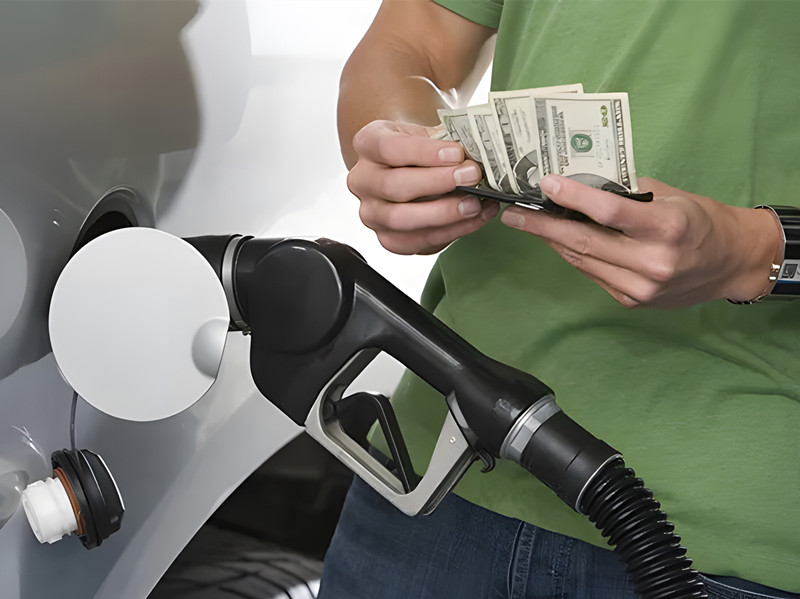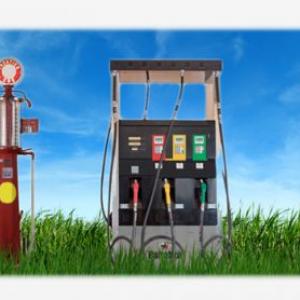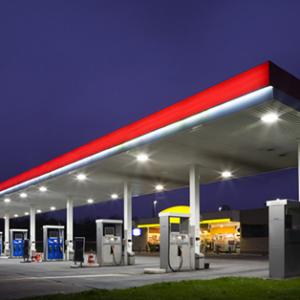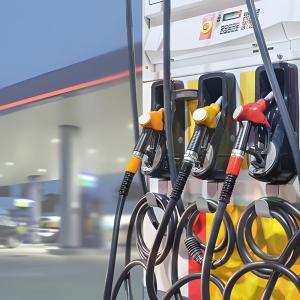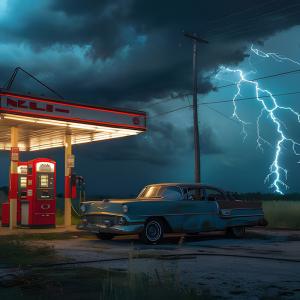Can pumping gas at morning or night save money?
Fueling Up: Does Pumping Gas in the Morning Actually Save You Money?
It's a long-held belief in the world of car owners: filling up your tank in the cool morning or late at night will get you more fuel for your money. The logic seems sound—gasoline, like all liquids, is denser at lower temperatures. So, a gallon of cold fuel should weigh more than a gallon of warm fuel, right?
This "money-saving hack" has been circulating in online forums and at water coolers for years. But is there any truth to it, or is it just another urban legend? This article will delve into the physics, technology, and industry standards that govern your local gas station to uncover the truth. We'll explore the science behind temperature and density, the role of your gas station Fuel pump parts, and how modern fuel management systems ensure you get what you pay for, no matter the time of day.
The Scientific Principle: Temperature and Density
At a fundamental level, the theory holds up. The principle of thermal expansion and contraction is a basic concept of physics.
-
Temperature and Density: As a liquid cools, its molecules move closer together, increasing its density. When it heats up, the molecules spread out, and the density decreases.
-
The Theory's Logic: The prevailing wisdom suggests that because you pay for fuel by volume (gallons or liters), pumping a gallon of denser, colder fuel will give you a greater mass of fuel, which should, in theory, translate to better value.
This logic is sound, but it’s based on a flawed premise: that the temperature of the fuel in the pump changes significantly with the ambient air temperature. As we'll see, the reality of how gas stations store and dispense fuel makes this theory largely irrelevant.
The Reality of Gas Station Operations: It’s More Complex Than You Think
While the physics behind the theory is correct, the practical application at a modern gas station tells a very different story. The temperature of the fuel you’re pumping is much more stable than you might think, thanks to the sophisticated systems at work.
The Constant Temperature of Underground Storage Tanks
The most critical factor to consider is where the fuel is actually stored. At every modern gas station, gasoline and other fuels are kept in large, tightly sealed tanks buried deep underground.
-
Insulation: The earth itself acts as a massive insulator. The ground a few feet below the surface maintains a remarkably consistent temperature, regardless of the daily swings in air temperature.
-
Minimal Fluctuation: As a result, the temperature of the fuel inside these underground tanks fluctuates by only a few degrees over the course of a day, or even a season. This minimal variation is far less dramatic than the temperature difference between a cold morning and a hot afternoon.
This means that whether you’re filling up at 6 a.m. or 2 p.m., the fuel coming from the underground tank is likely at a very similar temperature. The brief time the fuel spends traveling from the tank through the pump and into your car is not enough for it to heat up or cool down significantly.
The Precision of Fuel Management Systems
Modern gas stations are not just simple dispensing facilities; they are complex operations managed by advanced fuel management systems. These systems are designed to ensure accuracy, compliance, and efficiency.
-
Temperature Compensation: Many of these systems, particularly in regions with wide temperature variations, use technology that compensates for temperature changes. They measure the temperature of the fuel as it’s being dispensed and adjust the volume accordingly, ensuring that the customer is billed based on a standard temperature.
-
Calibration and Compliance: Regulatory bodies, such as the National Institute of Standards and Technology (NIST) in the U.S., set strict standards for the accuracy of fuel dispensers. All gas station Fuel pump parts, including the meters and other fueling components, must be regularly calibrated to ensure that they are dispensing the correct volume. This calibration takes temperature into account to ensure that a gallon is a gallon, regardless of whether it's cold or warm.
A Look at Special Fuels: The Case of E85
The discussion of fuel density and temperature becomes even more interesting when we consider special fuels like E85. At an E85 Petrol station, the fuel is a blend of 85% ethanol and 15% gasoline.
-
Ethanol's Properties: Ethanol has different physical properties than pure gasoline, including a different density and a higher volatility. These factors can affect engine performance and efficiency, but they do not change the fact that the fueling components and fuel management systems at an E85 Petrol station are designed to ensure accurate metering.
-
Accurate Metering: Even with these different properties, the advanced technology in the gasoline dispenser ensures that the volume you are billed for is standardized. The system accurately measures and accounts for any density changes, so you are always paying for the correct amount of fuel mass.
Conclusion: Stop Chasing the Hack and Focus on What Matters
The belief that fueling up in the morning saves you money is a classic example of a theory that's correct in a vacuum but falls apart in the real world. While the physics of temperature and density are undeniable, the sophisticated fuel management systems and insulated storage tanks at today's gas stations make the difference in fuel mass between a morning and afternoon fill-up utterly negligible.
So, instead of timing your trips to the gas station for the coolest part of the day, you can get more value and save more money by focusing on what truly matters:
-
Fuel Quality: Choose a reputable gas station that provides high-quality, clean fuel. Poor fuel quality can lead to engine problems and reduce your car's efficiency far more than a tiny change in density.
-
Equipment Condition: Pay attention to the state of the gas station's equipment. A well-maintained dispenser with properly functioning gas station fuel pump parts will ensure you get an accurate reading every time, preventing potential disputes or under-delivery.
-
Your Driving Habits: The most significant factor in your fuel economy is how you drive. Aggressive acceleration, hard braking, and excessive idling will waste far more fuel than any density change could ever "save."
Ultimately, the best time to fill up your tank is when it's convenient for you. With today's advanced fuel management systems and highly calibrated fueling components, you can trust that you're getting a fair deal. By understanding the technology behind the pump, you can spend less time worrying about old myths and more time on the road, where it counts.
